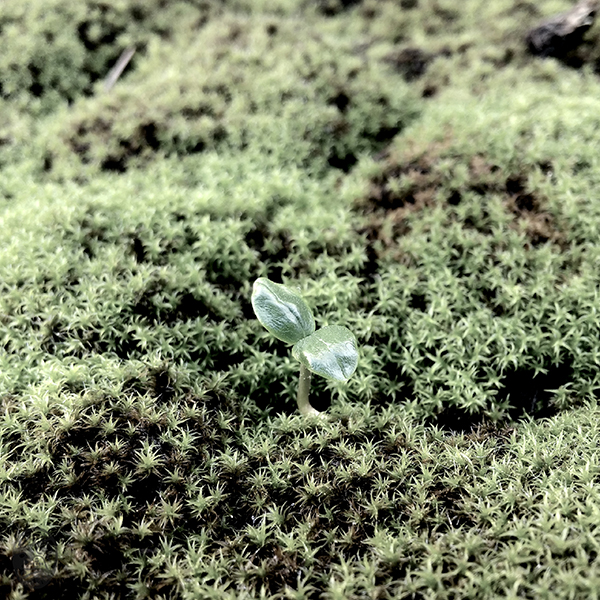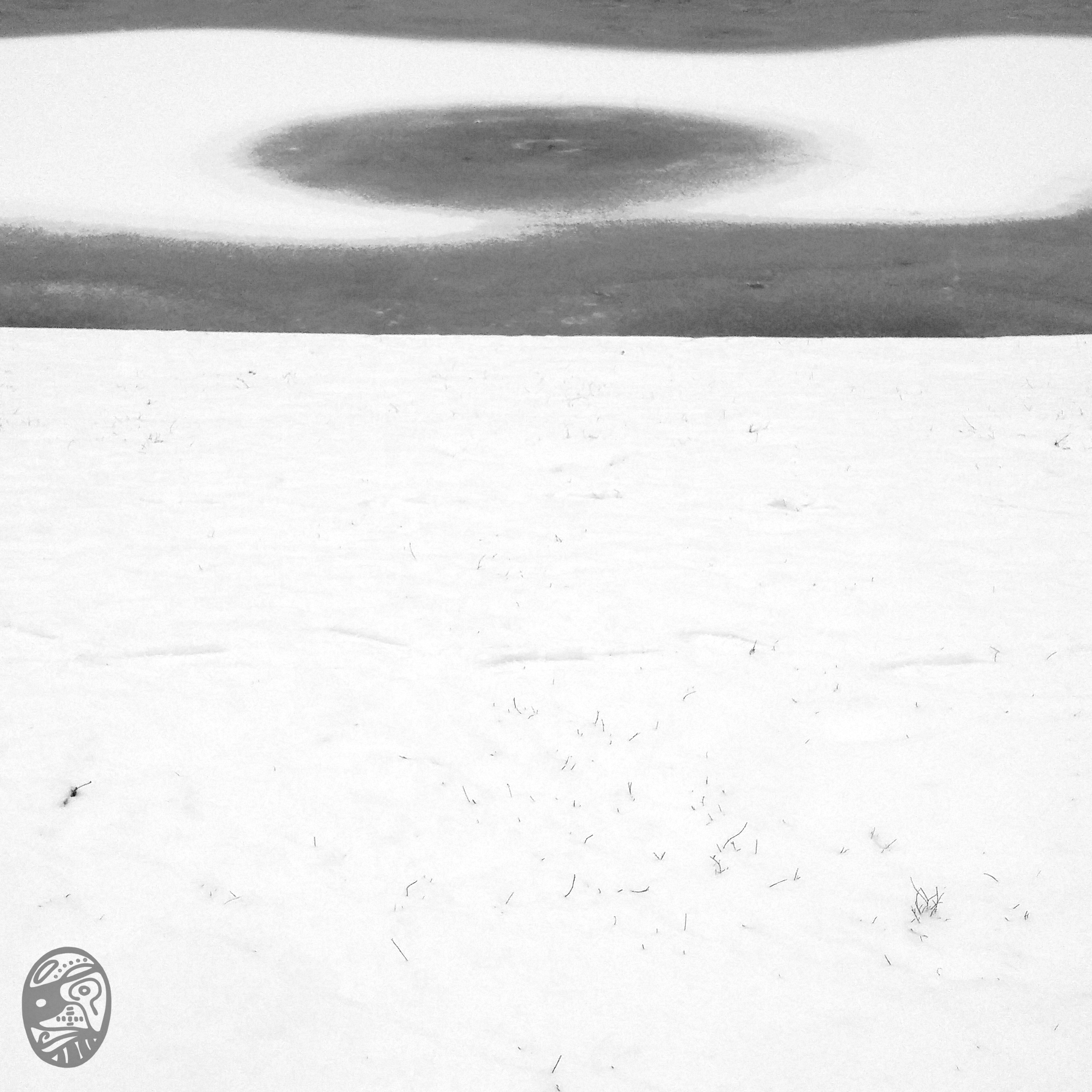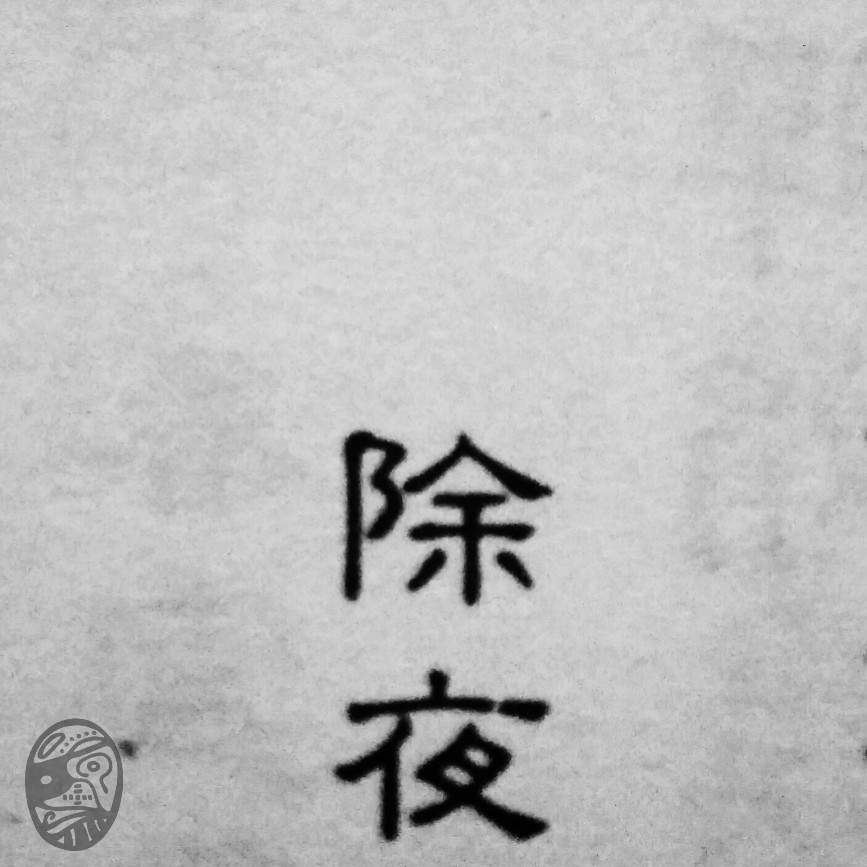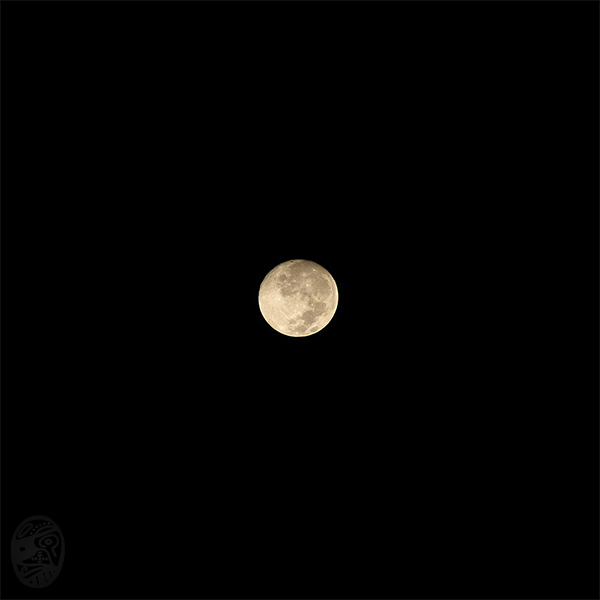
禪、靜、思|zEN, sTILLNESS, tHINKING
若參「禪」,先參「靜」,再參「思」。
To study “zEN”, we must first study “sTILLNESS”, then “tHINKING”.
永明延壽(九零四年至九七五年,吳越佛教高僧及禪師)-《山居詩》之一:
Yongming Yanshou (904-975, an eminent Buddhist monk and master of Zen of Wuyue Dynasty*₁) – One of the “Poems of mountain-dwelling”:
×××
幽齋獨坐絕參詳,兀爾何如驟世忙。
拯濟終憑宏願力,安閒須得守愚方。
柴門半掩花空落,苔徑虛蹤草自荒。
最好靜中無一事,翛然唯得道芽長。
Sitting aLONE in a silent room and not caring about the things in the world, but feeling how bUSY the world is in the silence.
To hELP others, we always need to have sTRONG willingness. In order to be at eASE, we must comply with the teachings by looking foolish but being wISE.
The firewood-door is half cLOSE and the flowers fall, the little aBANDONED path is covered with the moss and weeds.
The best thing is, nOTHING happens in the sILENCE, then the bud of the “vIRTUE of heart” can gROW freely and naturally.
×××
Continue reading →






